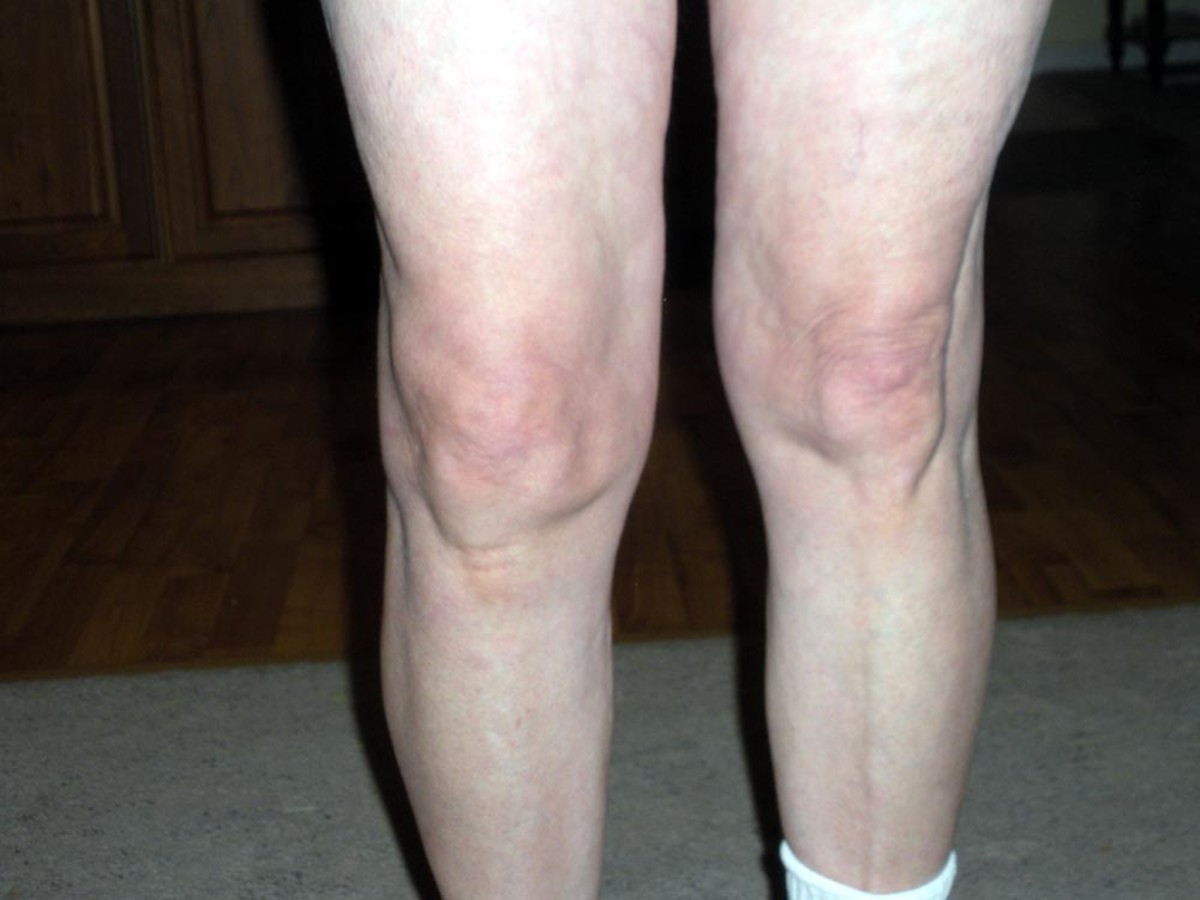How Does Stress Affect Your Health?

Thousands of years ago, stress was pretty easy to identify: you were about ready to be eaten by a saber-toothed tiger, you were freezing or starving to death, or you were in some way fighting to stay alive. These are the types of occurrences that our brain was designed to encounter - thus the "fight or flight syndrome."
Our stress response system was not designed for modern day frequent and repeated stressors, for example: traffic, work deadlines, financial pressures, and more. Due to the frequency and constancy of these day-to-day stressors, our minds can become exhausted - leading to biological illness and disease.
Recovery Time
Normally, it takes about 40-60 minutes for our body to return to baseline measures (blood pressure, etc.) after a stressful event. However, in this modern world's current state of self-imposed stress, oftentimes stressful events occur so frequently, that our bodies and minds don't have time to recover.
Which is more damaging?
Brain Systems Involved During Stress
In brief, during an event that we interpret (correctly or incorrectly) as a danger to our lives (or way of life), (1) the HPA (hypothalamic-pituitary-adrenal) axis kicks on; and (2) once the hypothalamus is activated, our sympathetic nervous system releases epinephrine and nor-epinephrine, and our endocrine system is activated. These autonomic brain functions trigger a long list of psychological and physical consequences.

Stress Makes You Stupid
In addition, as oxygen is directed to muscles (making them ready for fight or flight) and away from areas such as our brain, stressed brain cells become dramatically smaller; the hippocampus (learning and memory center) loses its capacity to remember.
Psychological Consequences of Stress
At a minimum, stress triggers:
- Cognitive problems ("I just can't think straight!")
- Psychological arousal ("I feel so anxious!)
- Negative emotions ("This will never end.")
- Unhealthy behaviors ("I need a drink.")
Physical Consequences of Stress
The list of the damaging consequences to our body is lengthy, and includes the following:
- Our brain cells may shrink and die.
- Our nervous system is thrown out of whack.
- Our endocrine system may overstimulate hormone levels (sometimes leading to early menopause).
- Our cardiovascular system is hit hard with: (1) increased LDL cholesterol levels; (2) fatty deposits in our arteries; and (3) heightened inflammation responses, which can lead to Diabetes II.
- Our digestive system activates for 'fight or flight' - metabolism slows.
- Our immune system produces fewer antibodies, leading to allergies and slower wound healing.
- Cortisol strips our muscles of proteins.

Stress and Belly Fat
How we put on weight - the actual distribution - is also closely related to our perceived hierarchy and resultant chronic stress pathways.
As we know by now, the way fat is distributed on our bodies is an indicator of our susceptibility to diabetes, heart attack, high cholesterol, high blood pressure, and more.
Body fat distribution, directly correlated to stress, is a critical factor in the global obesity epidemic.
When Does Stress Damage Occur?
Earlier than you think - before you notice adverse health reactions. In fact, babies exposed to stress in fetal life continue to exhibit the results of poor health due to stress throughout their life - stress hormones circulated to the fetus affect the baby's nervous system, incurring lifetime scars.
Stress is Deadly
Several theories exist as to the reason(s) that we age and die. The most commonly held current theory is that of telomere shortening. Telomeres are like the plastic ends to our shoestring-like chromosomes. Once the telomeres are dissolved, the entire shoestring of our chromosomes (DNA) unravels and we begin to die. Studies have shown that the telemores of people in high-stress life situations are much shorter than usual, often resulting in a reduction of life expectancy by 10 or more years.
Below is a video that explains what biological and other researchers have found about the effects of stress on our DNA and life span.
How Stress Affects our Telomeres (Chromosomes/DNA)
Which is More Damaging?
With all the adverse effects associated experienced while stressed, it is no surprise that the effects of stress are more damaging that the stressors themselves.
Appraisal and Perception
What is the best course for reducing the psychological and physical affects of stress? In other words, if we can't quit our jobs and move to Tahiti, what can be done? Check out my next Hub article: How to Cope with Stressful Situations.









